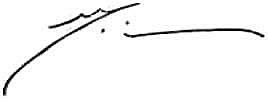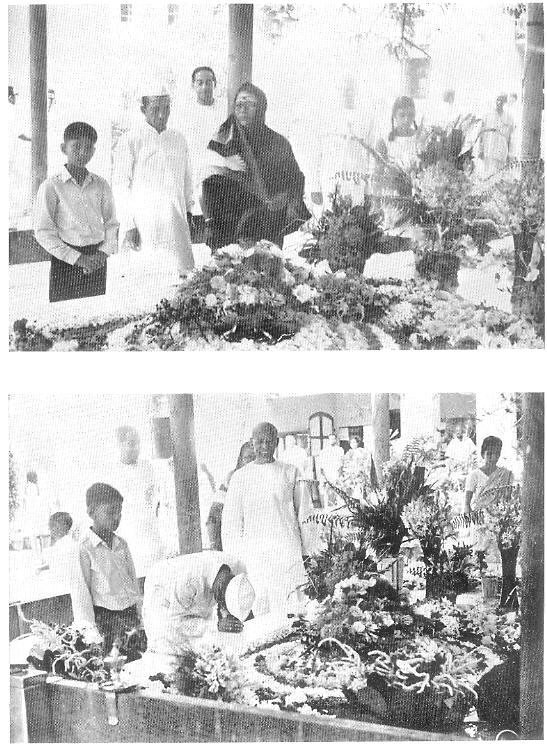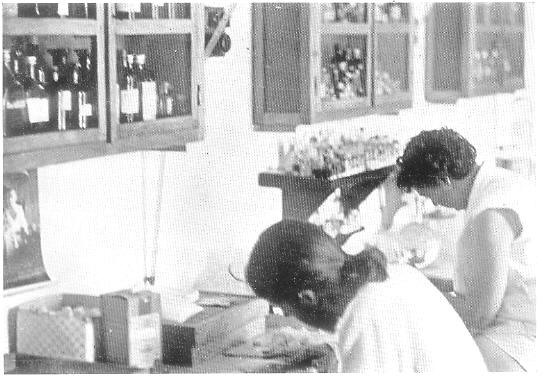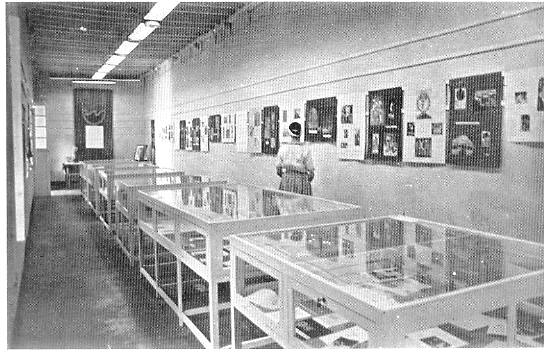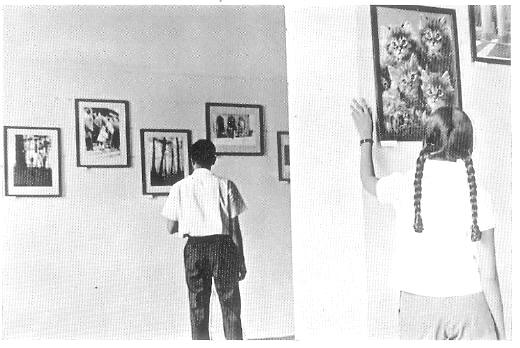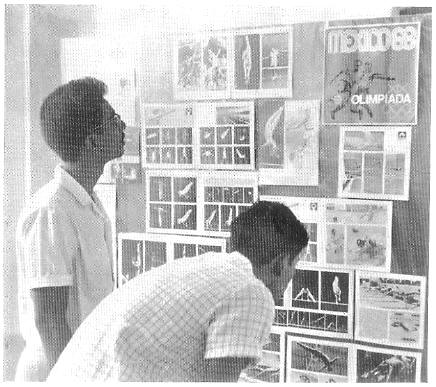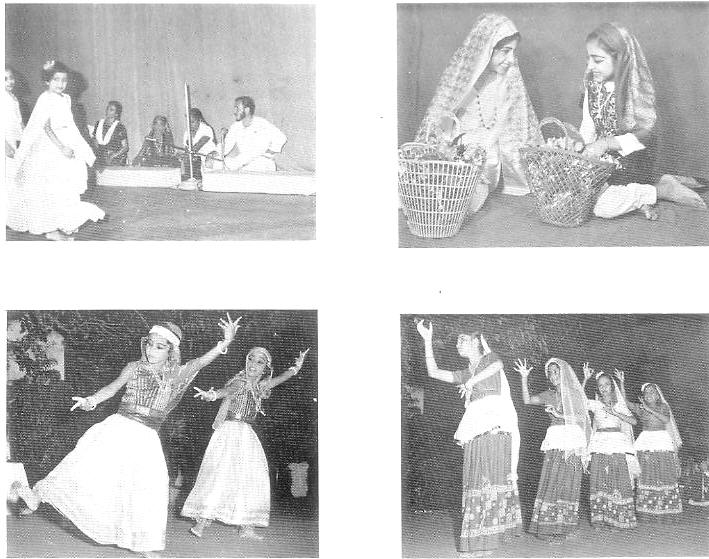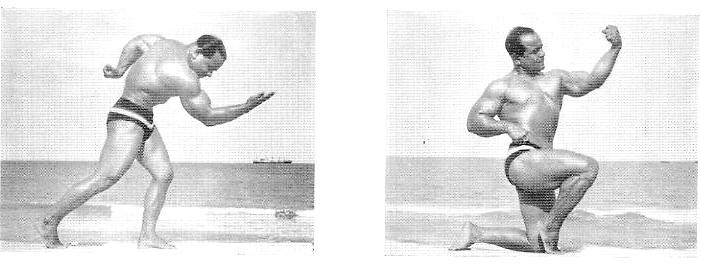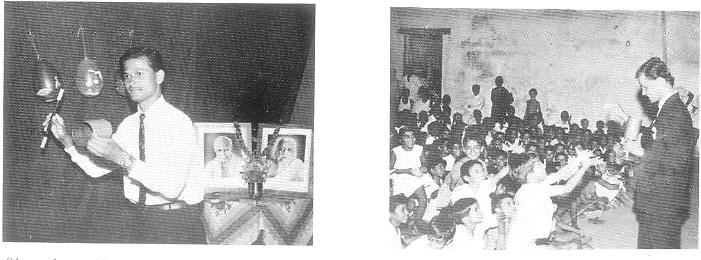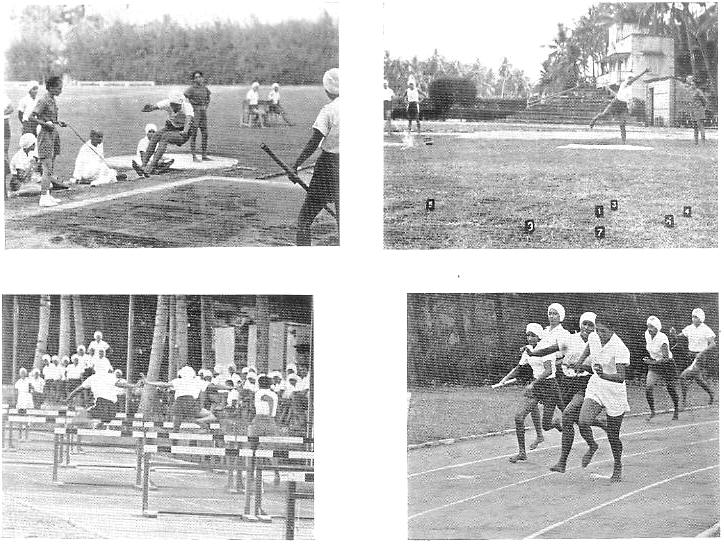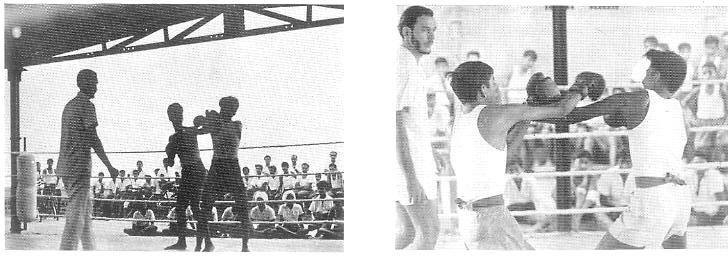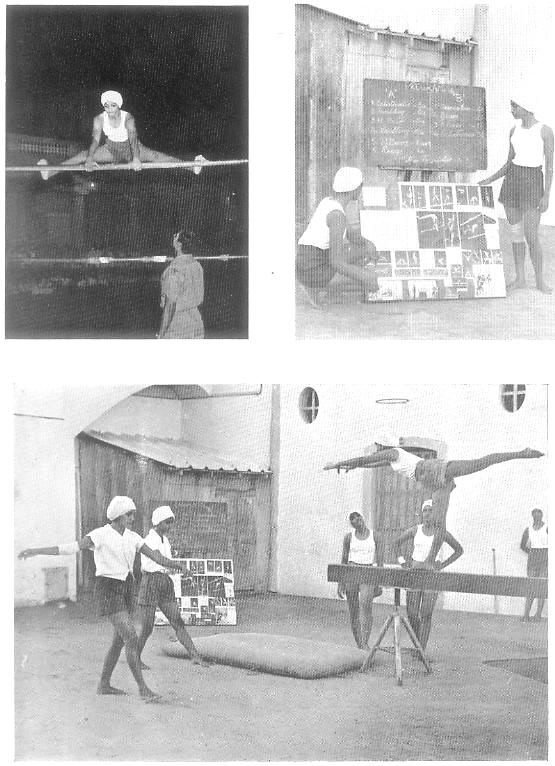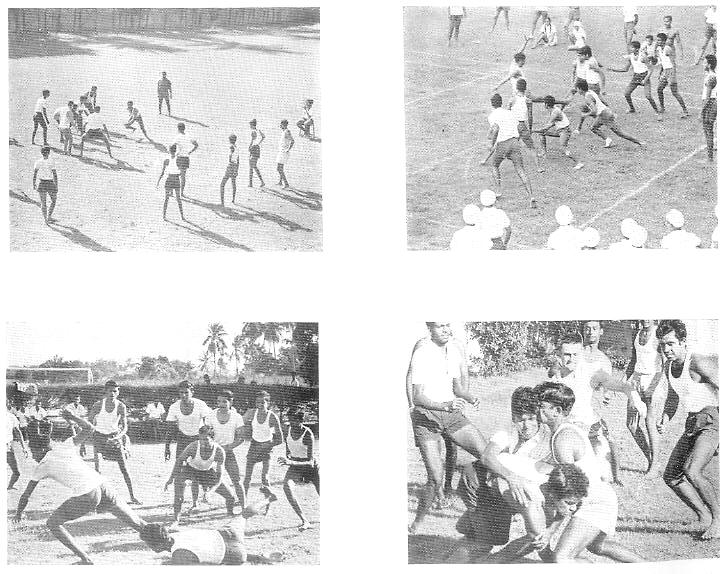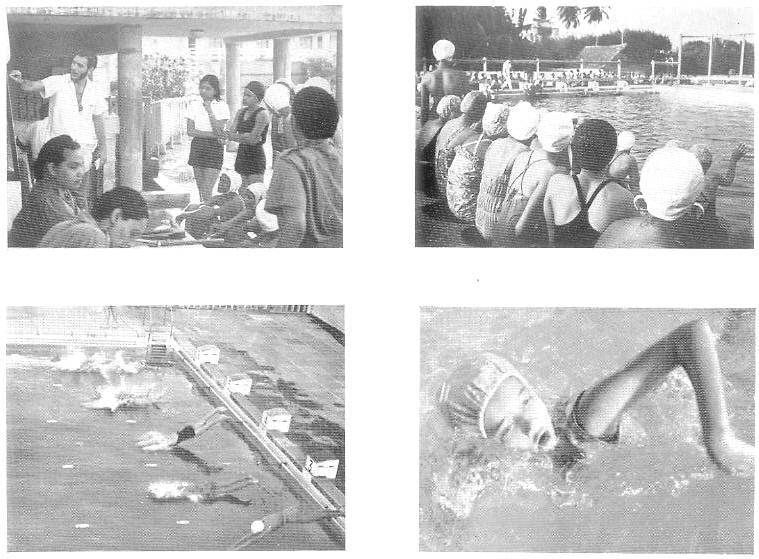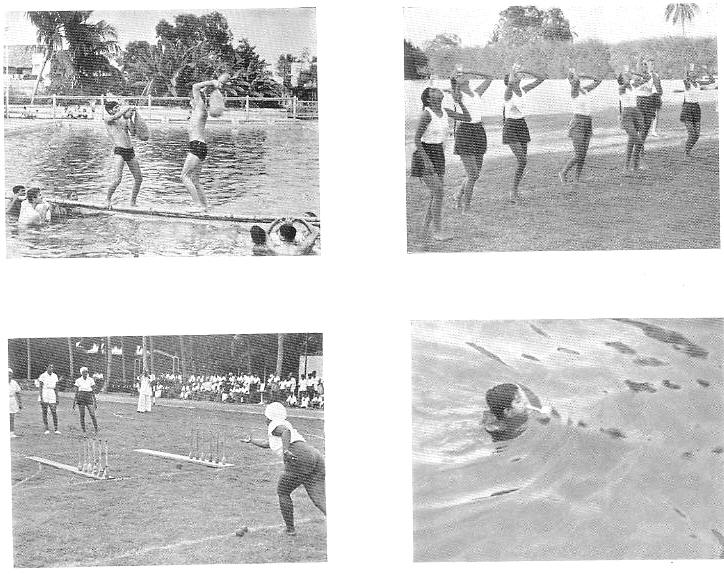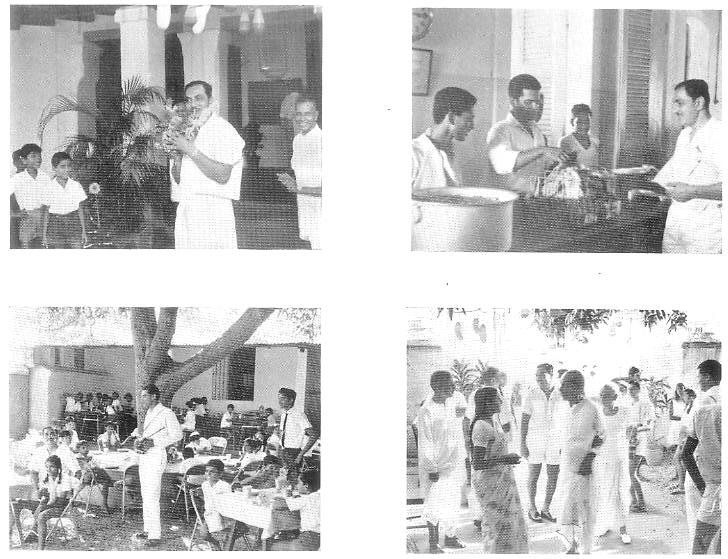|
mis en présence de beaucoup de misères dans le monde, si on a des amis
qui sont malheureux ou des parents qui souffrent, ou des difficultés, n'importe quoi, alors on demande que toute la conscience puisse s'élever
ensemble vers cette perfection qui doit se manifester, et que toute cette
ignorance qui a rendu le monde si malheureux puisse se changer en une
connaissance éclairée, et que toute cette mauvaise volonté puisse s'illuminer et se transformer en bienveillance. Et alors, dans la mesure de ce que
l'on peut, de ce que l'on comprend, on souhaite de tout son cœur ; et ma
foi, cela peut prendre la forme d'une prière, on peut demander — demander à quoi ? — demander à ce qui sait, demander à ce qui peut, demander
à tout ce qui est meilleur et plus puissant que soi, d'aider à ce que ce soit
comme cela. Et comme ces prières-là seraient jolies !
Mes enfants, dans cinq ans je vous ferai des cours de vie spirituelle.
Je vous donne cinq ans pour vous préparer ; ce que je vous dis maintenant,
c'est juste un petit peu comme ça, comme on allume une petite bougie
pour vous donner une idée de ce que c'est que la lumière. Mais je veux
que nous arrivions tous à ne pas répéter et redire indéfiniment toutes les
sornettes qui se disent dans le monde chaque fois qu'on se tourne vers
quelque chose d'autre que la vie ordinaire. De même que j'ai parlé ici,
dans ce livre, de la confusion que l'on fait entre l'ascétisme et la vie spirituelle,
Il est 9h 20. Il est temps de finir.
1 "Prenez, par exemple, cette superstition faisant loi dans le monde entier, que l'ascétisme et la spiritualité sont une seule et même chose. Si vous pariez de quelqu'un comme d'un homme spirituel, la plupart des gens se le représentent ne mangeant pas, assis toute la journée sans bouger, ou vivant très pauvrement dans une hutte, ayant donné tout ce qu'il possédait sans rien garder pour lui. Tel est le tableau qui vient immédiatement à l'esprit de quatre-vingt-dix-neuf personnes sur cent quand vous leur parlez d'un homme spirituel, pour elles, la seule preuve valable de spiritualité est la pauvreté et l'abstinence de tout ce qui peut être agréable ou confortable. C'est une construction mentale qui doit être détruite si l'on veut être libre de voir et de suivre la vérité spirituelle... Dès que vous en êtes débarrassé, vous découvrez quelque chose de beaucoup plus haut et grand que votre étroite règle ascétique, vous trouvez une ouverture totale qui laisse l'être complètement libre. Si vous devez avoir quelque chose, vous l'acceptez ; si cette même chose vous quitte, vous vous en séparez avec un égal bon vouloir. Les choses viennent à vous et vous les prenez, les choses s'en vont et vous ne les retenez pas, et vous conservez toujours la même sérénité souriante, que ce soit en prenant ou en laissant aller." (.Ibid., p. 72) |
La prochaine fois, nous parlerons de la santé et de la maladie, et je confondrai tous les gens qui sont attachés par des chaînes de fer à leur maladie et qui ne veulent pas la laisser partir ! Je leur donnerai des ciseaux pour couper leurs chaînes.
What happens is for the "best" in this sense only that
the end
will be a divine victory in spite of all difficulties—that has been
and always will be my seeing, my faith and my assurance—if you
are willing to accept it from me.
28-I2-I93I
SRI AUROBINDO
Ce qui arrive est pour le "mieux" en ce sens seulement que
la fin sera une victoire divine en dépit de toutes les difficultés.
Telles ont été et telles seront toujours ma vision, ma foi et ma
certitude—si vous consentez à admettre mes paroles. 28-12-1931 SRI AUROBINDO
|
